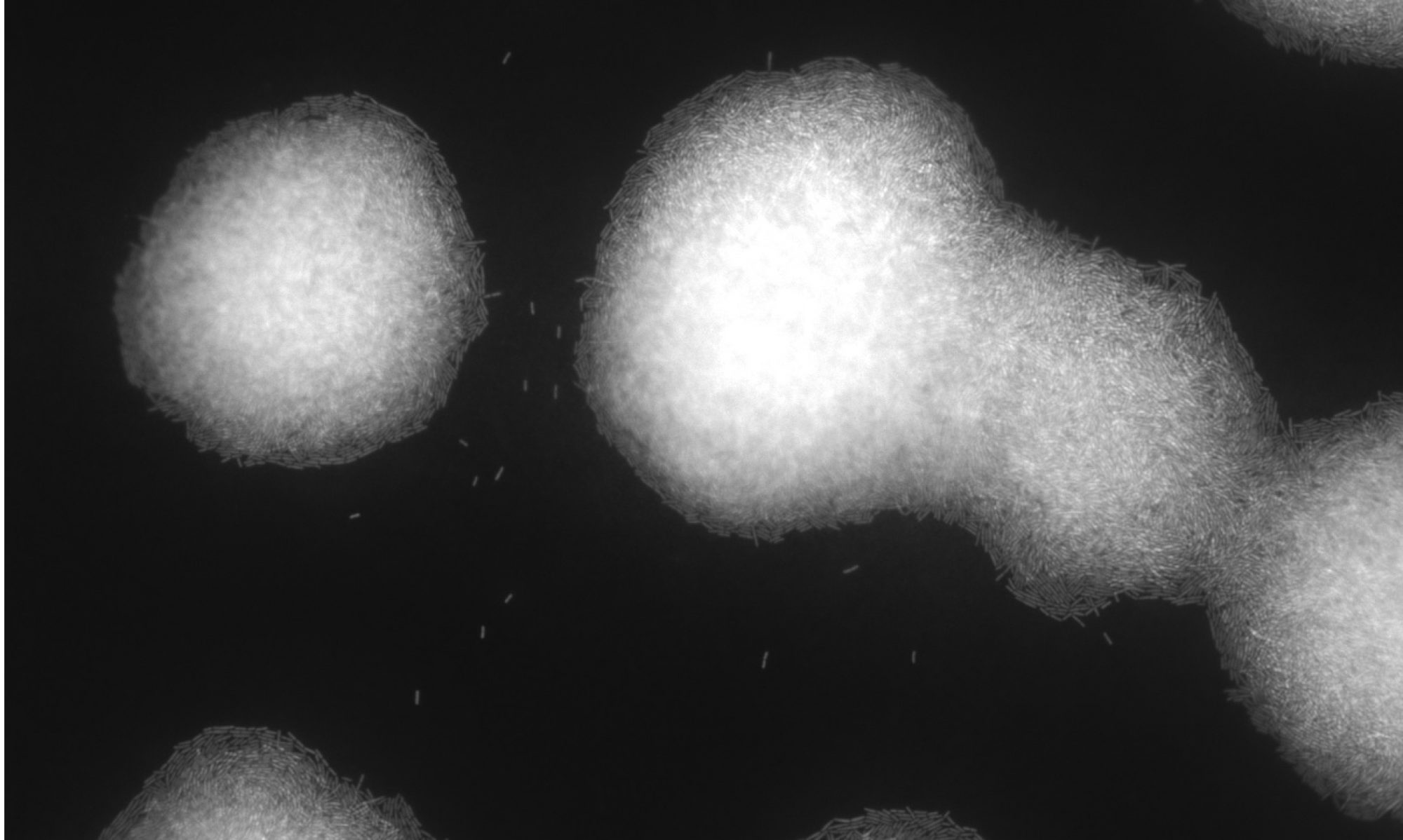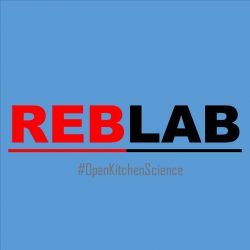Great news! We sent an abstract to the Keystone conference “Role of the Genital Tract Microbiome in Sexual and Reproductive Health” and it was selected for a short talk. So I’ll be presenting the research on stage in Cape Town in December!
This is the abstract:
Lactobacillus crispatus growth on glycogen is dependent on its type 1 pullulanase gene variant.
Rosanne Y. Hertzberger1,2, Alicia Brandt 2,3, Charlotte vd Veer4, Jorne Swanenburg1,5, Remco Kort1,5
1 VU University Amsterdam, Netherlands, 2 REBLAB, Netherlands, 3 University of Groningen, Netherlands, 4 Public Health Service, Amsterdam, Netherlands, 5 TNO, Zeist, Netherlands
Glycogen is an abundant carbohydrate in the vagina of reproductive-age women. Levels of free glycogen vary depending on the makeup of the vaginal microbiota: women with bacterial vaginosis, a common dysbiosis with higher pH and few lactobacilli, generally have lower glycogen levels. This finding has led to the general assumption that lactobacilli depend on this glycogen and use it as a carbon source for colonization and acidification. However, direct evidence for this mechanism has been lacking sofar.
We studied growth, enzymatic activity and metabolite production of a group of 19 Lactobacillus crispatus strains that were isolated from reproductive age women. 13 out of these 19 isolates were able to grow on glycogen whereas 6 did not use glycogen for growth. Starch was used as a proxy to study glycogen breakdown and starch metabolism activity was found in both supernatant as well as in the washed pellets after growth on glycogen. Several strains did not show activity after growth on glucose indicating differential regulation of this metabolic pathway.
A survey of the genomes to track down any carbohydrate active enzymes showed the presence of a putative cell surface associated type 1 pullulanase. The gene is predicted to encode a 140 kDa enzyme consisting of an N-terminal signal peptide, two carbohydrate binding modules, a carbohydrate active module belonging to the GH13_13 family and a C-terminal S-layer associated protein (SLAP) domain. The gene shows high similarity to the extracellular cell wall attached pullulanase previously found in a human gut isolate of Lactobacillus acidophilus.
Although a copy of the pullulanase gene was found in the genomes of all 19 L. crispatus strains, the six non-glycogen consuming strains all carried one of three different mutations in the N-terminal signal peptide sequence, expected to disrupt transcription of at least part of the gene.
Our results show for the first time that certain vaginal isolates of Lactobacillus crispatus are capable of metabolizing one of the most abundant vaginal carbohydrates. We identify a pullulanase that may be essential for this activity. These findings bring us further to understanding the basic mechanisms of Lactobacillus colonization and acidification of the human vagina.
This project is part of REBLAB, an Open Kitchen Science initiative. For more information see www.reblab.org.
Also: a paper with the glycogen results (reproduced in the TNO lab) is under review at Microbiome journal and available in the meanwhile at bioRxiv, find it here https://www.biorxiv.org/content/early/2018/10/13/441972

